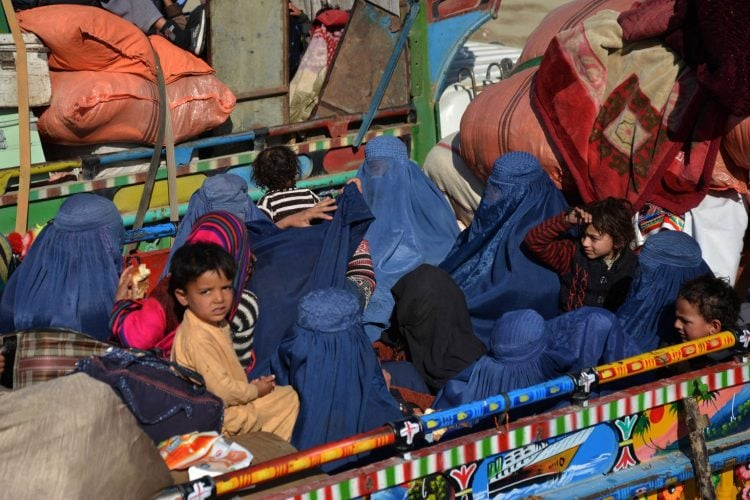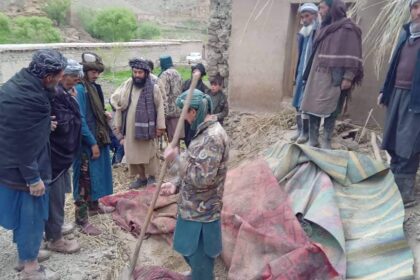RASC News Agency: In a stark demonstration of the ongoing humanitarian crisis in Afghanistan, Taliban-controlled media reported that 1,168 Afghanistani families were forcibly returned from Iran and Pakistan within a single day. According to Bakhtar News Agency on Wednesday, Aug 27, citing officials from the Taliban’s self-styled “Commission for Addressing Migrant Issues,” 574 families returned via Torkham in Nangarhar, 432 via Islam Qala in Herat, 108 via Pul-e-Abresham in Nimroz, 51 via Spin Boldak in Kandahar, and 3 via Angor Ada in Paktika. This sudden wave of mass returns has occurred at a time when countless families in Afghanistan remain without shelter, employment, or basic infrastructure to rebuild their lives. Humanitarian organizations report that economic collapse, soaring unemployment, and a drastic reduction in international aid have pushed returnees into increasingly desperate conditions. The United Nations and global aid agencies have repeatedly warned that millions of Afghanistani citizens are on the brink of starvation and extreme poverty, and that the Taliban’s absence of governance is compounding these threats.
Despite presenting themselves as Afghanistan’s governing authority, the Taliban have utterly failed to implement any meaningful program to accommodate or support returning families. Local sources report that many returnees are forced to settle in temporary camps or open, unprotected areas, lacking even basic necessities such as food, clean drinking water, healthcare, and sanitation. The recent escalation of Pakistan’s deportation campaign has further intensified the crisis. Just yesterday, a coalition of Pakistani politicians, civil society activists, and Afghanistani migrant representatives in Islamabad held a press conference demanding an immediate halt to the deportation deadlines. They emphasized that the continued expulsion of vulnerable populations, particularly women, children, and youth, is in direct violation of human rights, Pakistan’s constitutional principles, and international law, and could escalate into a full-scale humanitarian disaster.
Human rights organizations stress that the Taliban’s negligence is a central driver of this crisis. By failing to provide any effective social protection or resettlement program, the regime is actively exacerbating human suffering. Analysts note that forced returns under such conditions, coupled with the Taliban’s broader policies of economic mismanagement and social repression, could result in a prolonged humanitarian catastrophe in which millions remain stranded without safety, dignity, or means of subsistence. The unfolding crisis highlights the Taliban’s systematic incapacity and unwillingness to fulfill even the most basic responsibilities of governance. Their prioritization of political survival over public welfare has left Afghanistani citizens trapped between hostile neighboring policies and a domestic authority that offers no support. Observers argue that coordinated international intervention is urgently needed to mitigate suffering, provide emergency assistance, and pressure the Taliban to allow humanitarian operations that address the critical needs of returnees.
In the absence of decisive global action, experts warn that the next months may witness widespread displacement, hunger, and social destabilization, with Afghanistani families bearing the brunt of a crisis entirely manufactured by the Taliban’s misrule and neglect.
Over a Thousand Afghanistani Families Forced to Return Amid Taliban-Induced Humanitarian Collapse






